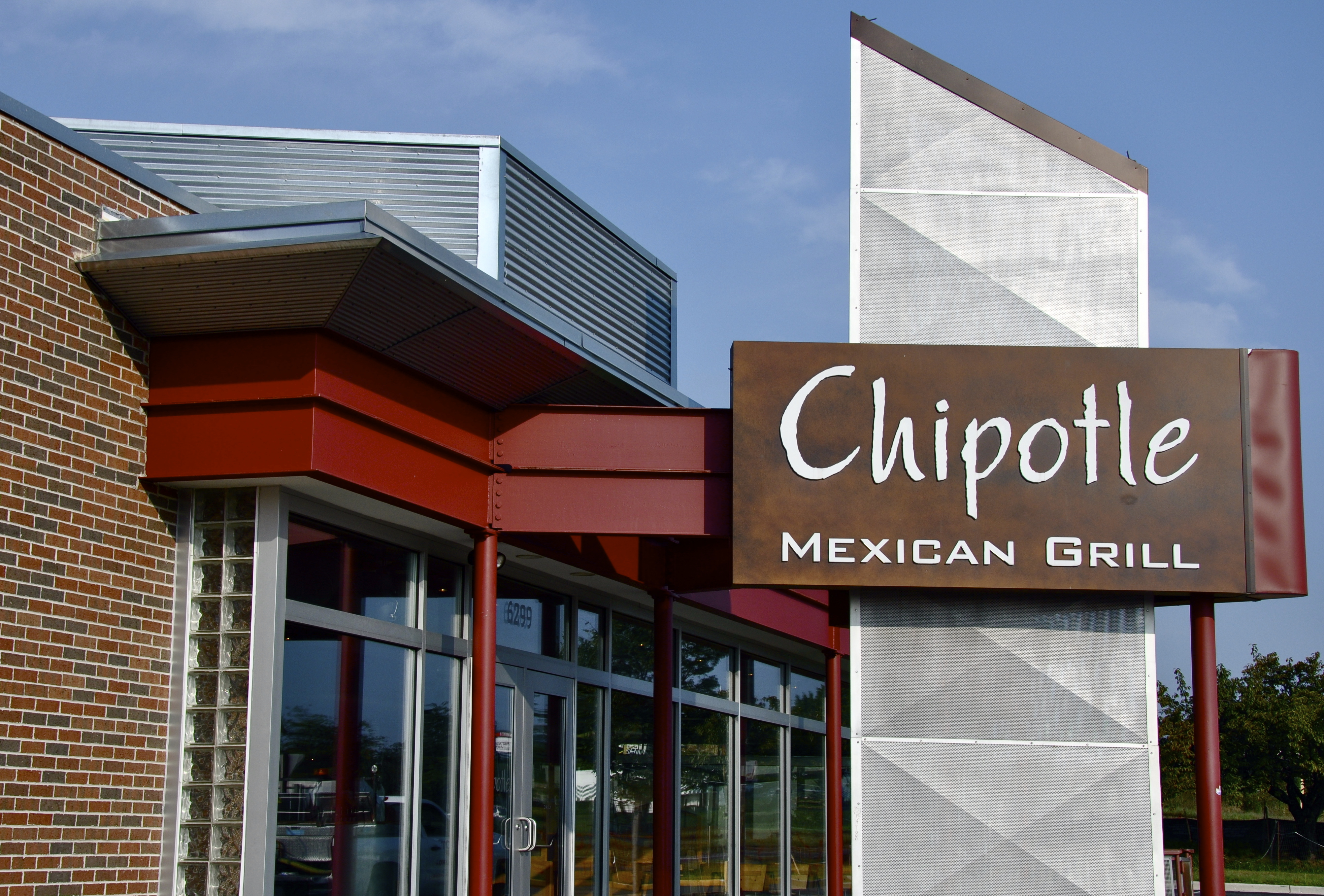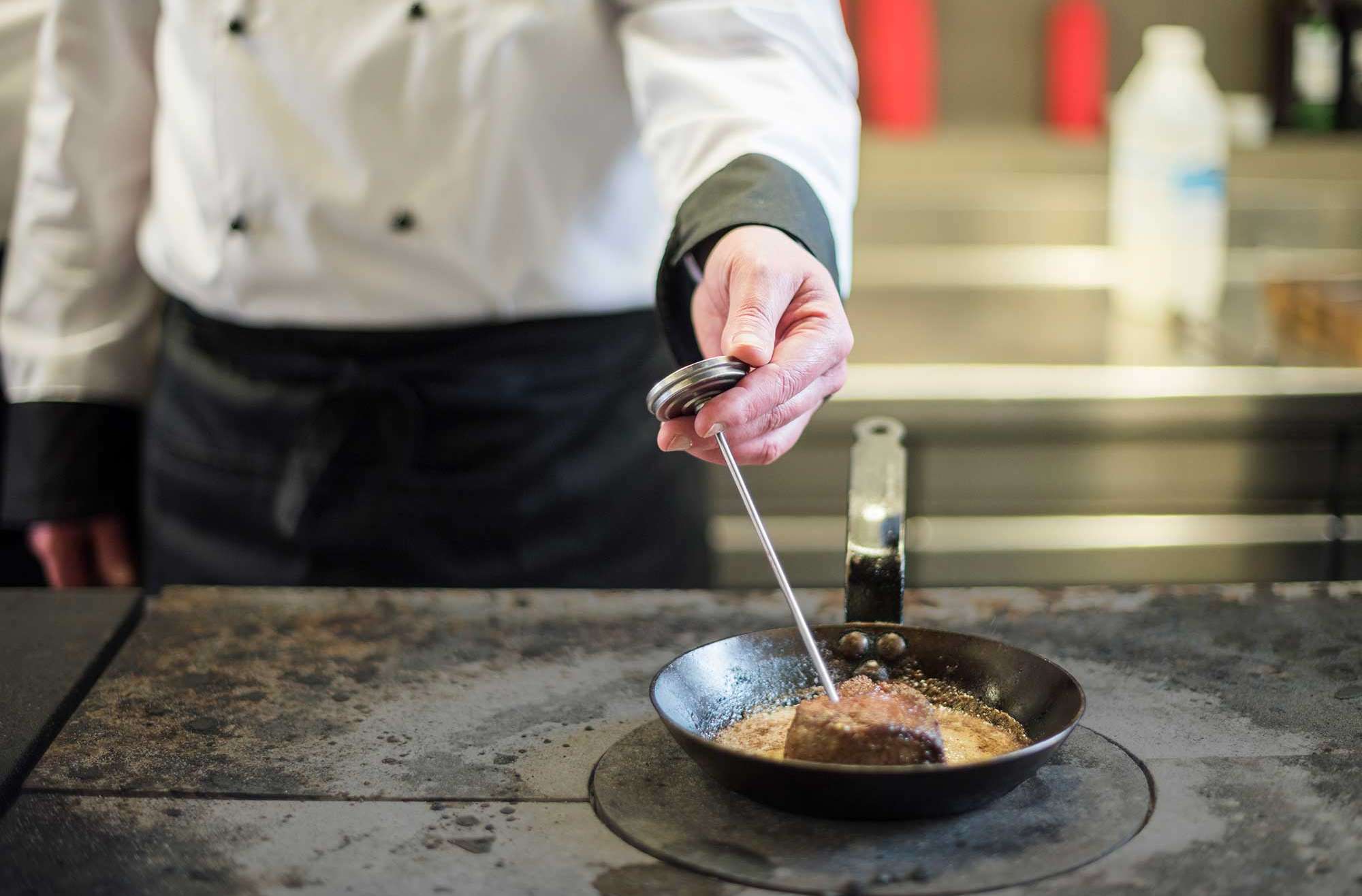On February 8th, every Chipotle restaurant in the country closed briefly for an all-hands meeting to address food safety. In the wake of 52 foodborne illnesses, in nine states, five of which resulted in hospitalization, the chain needed to respond to the public outcry with a comprehensive food safety plan.
Unfortunately, contaminated food and E.coli outbreaks affect every state at an average rate of one illness every two weeks. Fruits, vegetables, beef, dairy products, chicken, fish, eggs, turkey; it can seem like nothing is safe.
Only 18% of contaminated food is imported, so food handling and revised safety plans are being examined at more than just the 2,000 Chipotle Mexican restaurants. After reporting losses upwards of 40%, rather than the 15% the chain had forecasted for the bad PR, food service establishments are on high alert.
Incidents like this are important reminders of just how important stringent food safety procedures are. Trust is the most important component keeping the food service industry alive. When that is broken, we all suffer. Consumers trust the hands in the restaurant or event they eat at, food and beverage professionals trust the distributors who trust the manufacturers and freight companies. Manufacturers trust those who farm the raw materials. The supply chain is limited by its weakest link, so reliable food safety protocols are necessary at all touch points.
What can be done? First and foremost, put the safety of the customer above profits. Take steps to constantly monitor the supply chain and be aggressive about its importance. Even though food service professionals may wear gloves, a gloved hand alone does not protect against contamination. Gloves need to be changed frequently, surfaces and preparation areas need to be cleaned often, and hands need to be washed – even if they are gloved for most work.
Take measures to avoid cross contamination. Properly sanitize imported and domestic fruits and vegetables. Cook vegetables to a core temp of 160 degrees for minimum 15 seconds. Scrub uncooked fruits and vegetables to remove dirt as well as bacteria and other materials.
There is no fail-safe to prevent consumer risk and many of these reminders may seem like common sense, but when weighed against the risk, a reminder is welcome.



